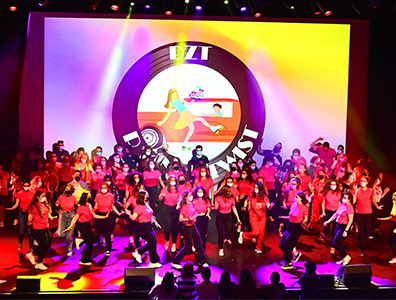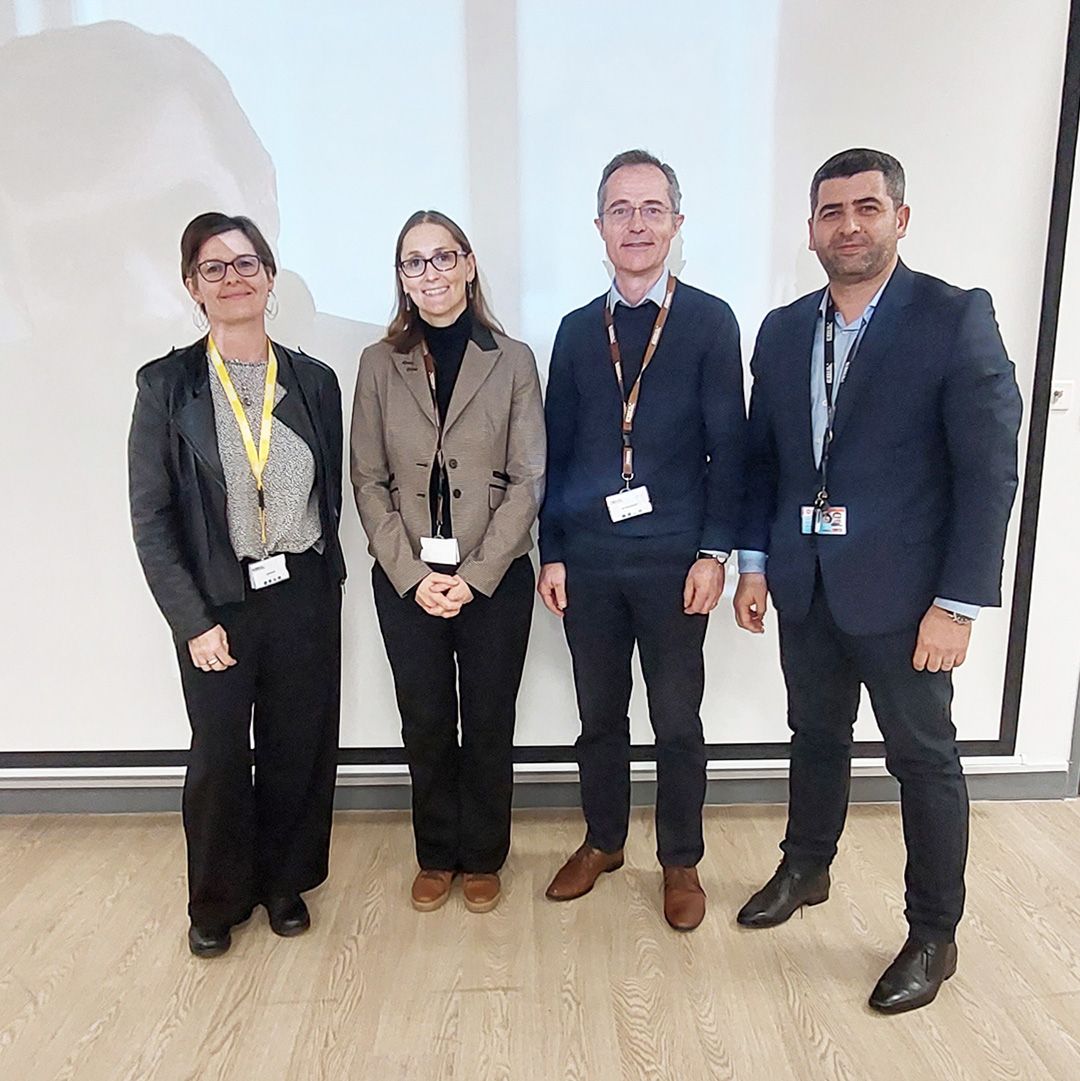
Mad skills
“After “hard skills” and “soft skills”, EBI encourages artistic sensitivity, originality and unbridled creativity.
Exercises in artistic creation, courses in theater, photography, dance, music or art history, student associations for drawing, sewing, etc. like many students
in engineering school, Lily Houël, 20, was somewhat “surprised” when she discovered the original pedagogy of the Ecole de biologie industrielle (EBI) in 2020. In addition to knowledge of
biology, chemistry, mathematics or physics during preparatory classes, then industrial engineering in the engineering cycle, the school has chosen to develop artistic sensitivity, originality and unbridled creativity in its graduates. When, for example, we are given ten minutes to invent and tell a story of our choice, with a plot, a development and an ending, in front of our fellow students, you might think at first that it’s a strange exercise for an engineering school, and that you’re not going to get away with it,” illustrates Lily Houël, “but in fact, it’s true: some very original stories come out of it.” As well as learning how to speak in public, “you discover yourself through this approach,” says the student. You realize that you can do crazy things without getting negative feedback, that you can get off the beaten track, assume your originality, and above all apply this to your work.
…
Having “that little something extra and that originality” that makes the difference with recruiters She is therefore delighted to see a new way of thinking developing in schools around
In addition to the “emotional skills”, “sensitivity” and “creative abilities” of students, she prefers to use the term “mad skills”. What’s at stake is their ability to “create truly new products or services”, but also to have “that little something extra and that originality” that makes the difference with recruiters, and which they generally try to perceive through the “other, hobbies, passions” box on candidates’ CVs. “Schools can no longer leave the bottom of the CV strictly dependent on the environment in which young people have been brought up,” says Florence Dufour. Hence the importance, too, of student associations that enable students to discover or strengthen their talents.”
Article from Le Monde, Thursday 01/12/2022, by Séverin Graveleau











